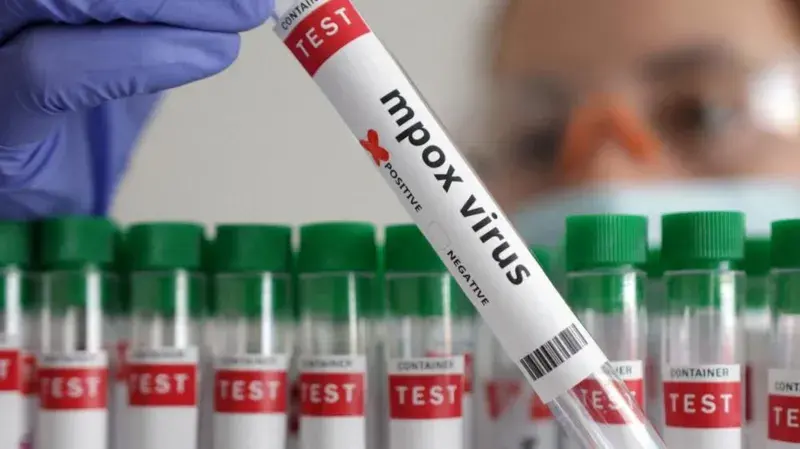
Senegal has reported a positive outcome in its first imported case of Mpox, with the patient fully recovering after nearly two weeks of treatment.
The Ministry of Health announced on Monday, 1 September 2025, that the individual, diagnosed on 22 August, has been discharged from hospital following a satisfactory recovery. To date, no additional cases have been recorded in the country.
The patient, admitted in Dakar, initially presented a severe form of Mpox, with more than 100 vesiculo-pustular lesions complicated by superinfection.
Professor Moussa Seydi, head of the infectious and tropical diseases department at Fann Hospital, explained that the patient “no longer has a fever” and that the healing of skin lesions progressed steadily under careful medical supervision. Health authorities describe the positive evolution as a “strongly encouraging sign” in the fight against the viral disease.
In response to the case, 30 individuals identified as close contacts are being monitored by medical teams. So far, no suspected cases have emerged, reinforcing confidence in Senegal’s epidemiological surveillance system.
The Ministry of Health credited the professionalism and efficiency of medical personnel at Fann Hospital for the successful management of this high-risk case.
Despite this success, authorities urge the public to remain vigilant.
The Ministry of Health and Social Action recommends regular handwashing with soap or hydroalcoholic solutions, avoiding close contact with individuals showing symptoms, and immediate consultation at health facilities if any suspicious signs appear.
The Ministry reaffirmed its commitment to transparency and public safety, providing a toll-free line (800 00 50 50) for reporting alerts or obtaining further information.
Officials emphasized that maintaining preventive measures remains essential to protect the population and prevent the emergence of additional cases.
This development marks a significant milestone in Senegal’s readiness to manage emerging infectious diseases, demonstrating the capacity of national health systems to respond promptly to imported viral threats while safeguarding public health.



